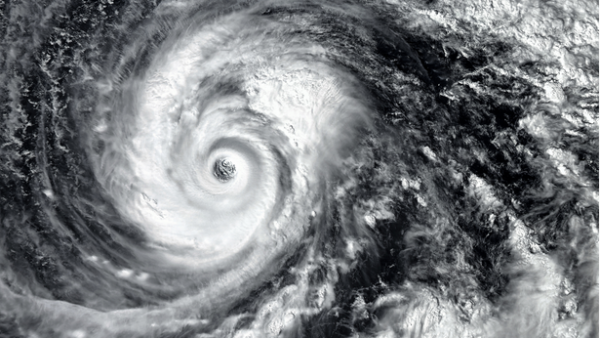New Coronavirus Strains
How will they affect us?

Photo courtesy of Pixabay
Like any other naturally forming product in this world, the coronavirus is not perfect. Over time, genetic mistakes are bound to be made, leading to new mutations in the virus itself. According to Pfizer, however, it seems that COVID-19 mutates almost four times slower than more common viruses such as Influenza. Nonetheless, it has been about a year since the COVID-19 pandemic began to take effect and mutations are no surprise. The new variant of COVID-19 is referred to as SARS-CoV-2, and over the last few months, multiple new strains of this virus have been found in different parts of the world.
Where are the mutations?
The most prevalent mutation is a strain found in London that has been spreading on a large scale. This new variant contains many mutations that causes the virus to spread more easily, however there is no evidence that the effect on people is any different from the original strain. Two other variants were detected in South Africa and in Nigeria; however there does not seem to be a difference in how the virus spreads or the extent of the illness. As of now, according to the CDC, nine states in the US have detected the new strain in their population. California and Florida are leading in cases, both in double digits, and seven other states have found a few cases. As this new variant may be up to 70% more transmissible, it is bound to spread rapidly in the coming months.
Will the vaccine still work?
As the news of these variants continues to spread, there is worry among people that the newly released vaccines will not be effective against these mutations. However, Dr. Catherine Blish, an expert on disease, makes a point that mutations are, “part of their [viruses] natural evolution”. While it is something to keep an eye on, she says the mutations are, “not surprising in any way”. Moderna and Pfizer, along with disease experts, are still optimistic about the effect of the vaccine and are working to make sure it remains effective. According to them, the new strains of SARS-CoV-2 should not create any difficulty with the vaccine rollout.
Will there be more mutations in the future?
Chances are that there will be a number of new variants and mutations in the future. According to The Johns Hopkins Health Program, “As long as the coronavirus spreads through the population, mutations will continue to happen.” This could mean any number of things but for the time being, new variants have not been proven to create a more dangerous illness.





